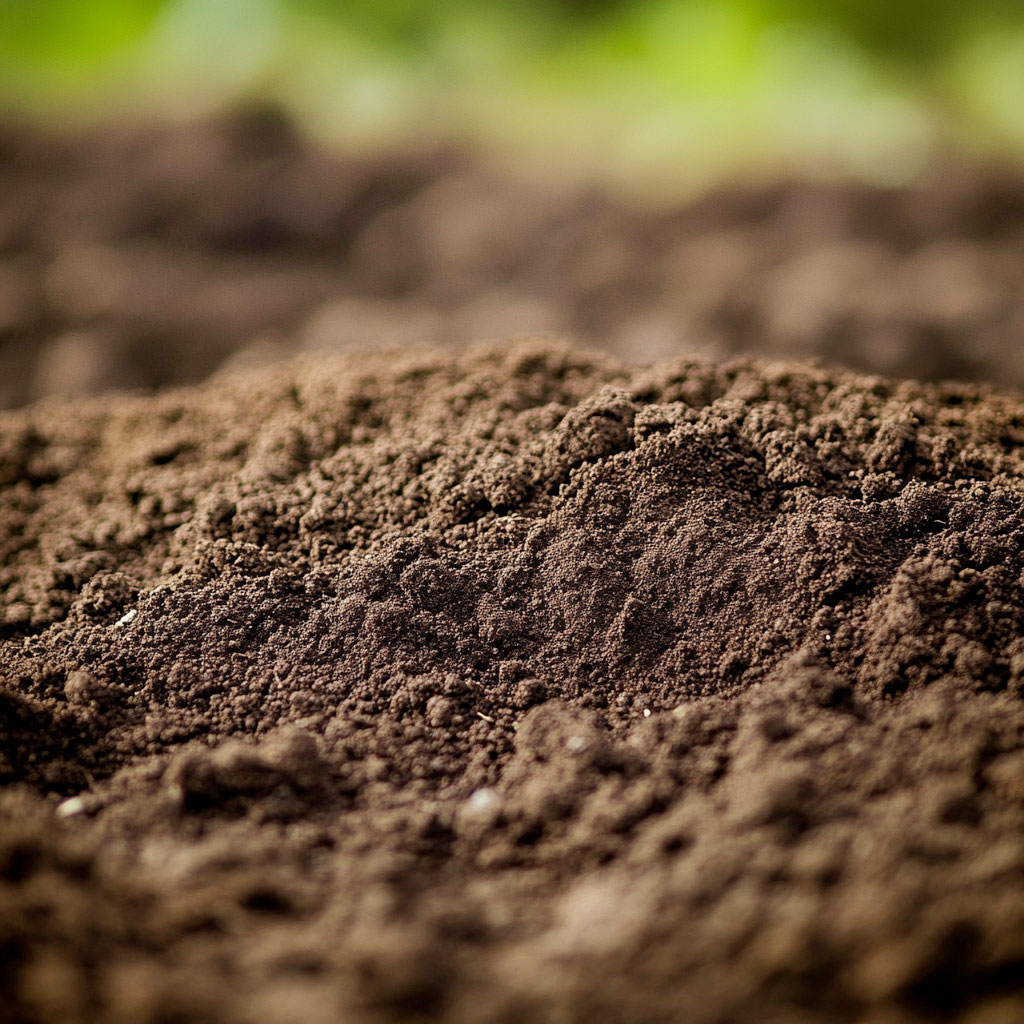


Have you ever considered how the condition of the soil beneath your feet can affect the overall success of your construction venture? The soil conditions play an important influence on construction, affecting the foundation's stability and drainage effectiveness. Understanding the soil conditions is essential to ensure a successful grading process as well as site prep. At the end of this article, you'll have important information about how soil conditions impact the way you prepare your site and get practical advice to ensure the success of your project.
Soil is available in a variety of types that have distinct particularities. Clay soil is very dense and holds water, making it susceptible to contraction and expansion. Sandy soil, because of large particles of clay, drains faster; however, it lacks stability. Loamy soil is a well-balanced mixture of silt, sand, and clay suitable for construction due to its durability and drainage capabilities.
The key soil properties, like the texture, moisture content, and capacity for bearing, significantly impact the construction project. The texture of soil affects its capacity to retain water and also supports the structure. The moisture content determines how the soil expands or contracts, while bearing capacity determines what weight the soil can hold.
Insufficient drainage can cause the accumulation of water, which can cause unstable soil and erosion. A proper grading system ensures that the water is able to flow out of structures, thus avoiding destruction and ensuring the integrity of the site.
Stable soil is crucial to ensure a solid foundation. Instability soils, such as clays with expansive properties, can move and crack, damaging the strength of structures. Understanding soil stability is key to a solid foundation. Explore how Developers Research can help with detailed soil analysis and site prep strategies.
Erosion control is vital when preparing the site to avoid erosion of the soil and environmental degradation. The conditions of the soil determine the effectiveness of erosion prevention measures, including the retaining walls, vegetation, and erosion mats, in controlling erosion.
Testing the soil is crucial prior to starting any preparation of the site. It offers crucial information on soil characteristics, which allows for the making of informed decisions to ensure the effectiveness of graders as well as site prep.
A variety of soil tests are frequently carried out, such as soil compaction tests that determine the density of soil and moisture content, which measure how much water is present contained in the soil, and soil strength tests that test the capacity of soil to hold up structures.
Understanding the results of soil tests can help to tailor strategies for site preparation. For instance, if tests indicate the presence of high levels of moisture, drainage strategies can be implemented to prevent issues.
Different soil conditions require customized grading plans. For instance, sandy soils might require compaction in order to increase stability, while clay soils could require drainage solutions to avoid water retention. Discover innovative grading technologies and trends in site grading innovations.
Many techniques can be used to improve soil conditions. Compaction of soil improves stability, and stabilizers for soil improve capacity for bearing drainage solutions, which can reduce issues related to water. These methods guarantee that the area is prepared for construction.
Think about a construction project in which the soil was primarily clay. Developers Research provides comprehensive earthwork and grading analysis to address such challenges. The grading program included extensive drainage systems for managing water retention, which would prevent foundation problems. In another instance, it was possible to stabilize the soil by techniques of compaction, creating solid foundations for the construction.
A properly graded site and proper preparation will prolong the lifespan of construction. Strong foundations and efficient drainage systems can prevent structural damage, which ensures longevity.
Making the right investment in site preparation will result in significant cost savings. Taking care of soil issues early can prevent expensive repairs and maintenance later on the road, making it financially prudent.
Effective site preparation mitigates environmental impacts. Erosion control measures safeguard the ecosystems that surround it, while appropriate drainage systems reduce the risk of soil erosion and water pollution.
Understanding and dealing with soil conditions is crucial to the success of grading and site prep. Conducting a thorough analysis of the soil and using a specific strategy to ensure durability, stability, and environmental compatibility with the construction work you are planning to undertake.
For more detailed information and assistance from a professional for site preparation, you should consider calling Developers Research. Their experience in soil analyses and preparation of sites will give you the help you require to ensure your project is successful.
Soil affects construction by influencing the stability and drainage of the foundation. Poor soil conditions can lead to structural issues, requiring additional site preparation.
Soil characteristics, like the texture and bearing capacity, determine the type of foundation and the depth required to ensure stability. Adjustments to the design will ensure that the structure is able to support its weight and withstand environmental elements.
Site preparation is vital to ensure a solid foundation and proper drainage, which will help prevent any structural issues in the future and provide longevity. It tackles soil issues and helps create a foundation that is solid for construction.